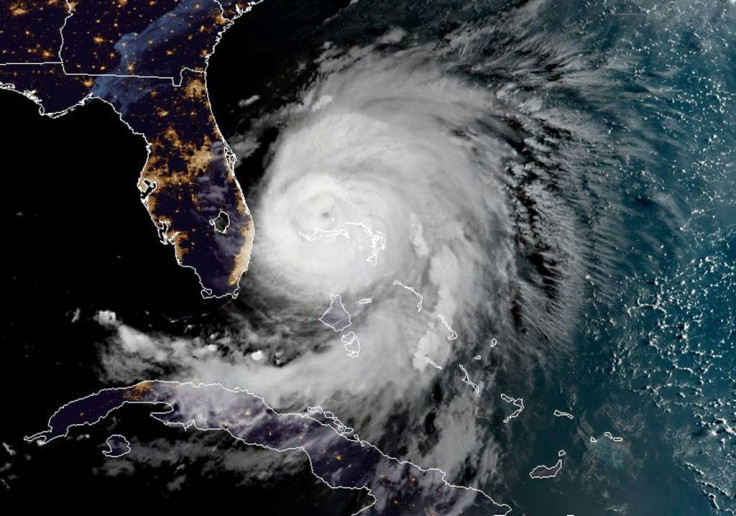Scientists Warn Hurricanes Slowed Down By Global Warming Are More Destructive

KEY POINTS
- Hurricanes are slowing down due to global warming
- Increasing CO2 levels are pushing westerlies towards Earth's poles
- The slow pace of hurricanes makes them more destructive
A team of environmental scientists warned that global warming is causing hurricanes to move slower. Although this may seem like a good thing, the scientists noted that it could actually make hurricanes more destructive.
The new study was led by a researcher from Princeton University. It was published in the journal Science Advances.
The researchers carried out the study using meteorological data collected on hurricanes since the 1950s. Through their data, they were able to identify the direct correlation between the rising CO2 levels in the atmosphere due to increasing global temperatures and the behavior of hurricanes.
According to the researchers, the presence of higher CO2 levels in the atmosphere would push the strong mid-latitude wind currents, which are also known as the westerlies, to move further towards the Earth’s poles.
Based on the computer simulations carried out by the researchers, calmer wind conditions will be left behind once the westerlies move towards the poles. Unfortunately, these calmer conditions will provide hurricanes with less momentum to move forward.
As noted by the researchers, hurricanes will be more destructive if they’re moving at a slower pace since their effect on affected regions will be prolonged. One particular example of this effect is Hurricane Dorian, a Category 5 hurricane that ravaged the Bahamas last year.
Although the hurricane produced wind gusts of around 295 kilometers per hour, it moved at a very slow pace. According to the data collected by the researchers, Hurricane Dorian moved at just a handful of kilometers per hour. Its slow pace gave the hurricane enough time to destroy the areas it passed it over.
The researchers warned that by the end of the century, global temperatures could rise by 4 degrees Celsius. This effect would lead to the formation of slower and more destructive hurricanes.
“Our simulations suggest that future anthropogenic warming could lead to a significant slowing of hurricane motion, particularly in some populated mid-latitude regions,” climatologist Gan Zhang and lead author of the study said in a statement.
“This is the first study we are aware of that combines physical interpretation and robust modeling evidence to show that future anthropogenic warming could lead to a significant slowing of hurricane motion,” Zhang added.
© Copyright IBTimes 2025. All rights reserved.





















